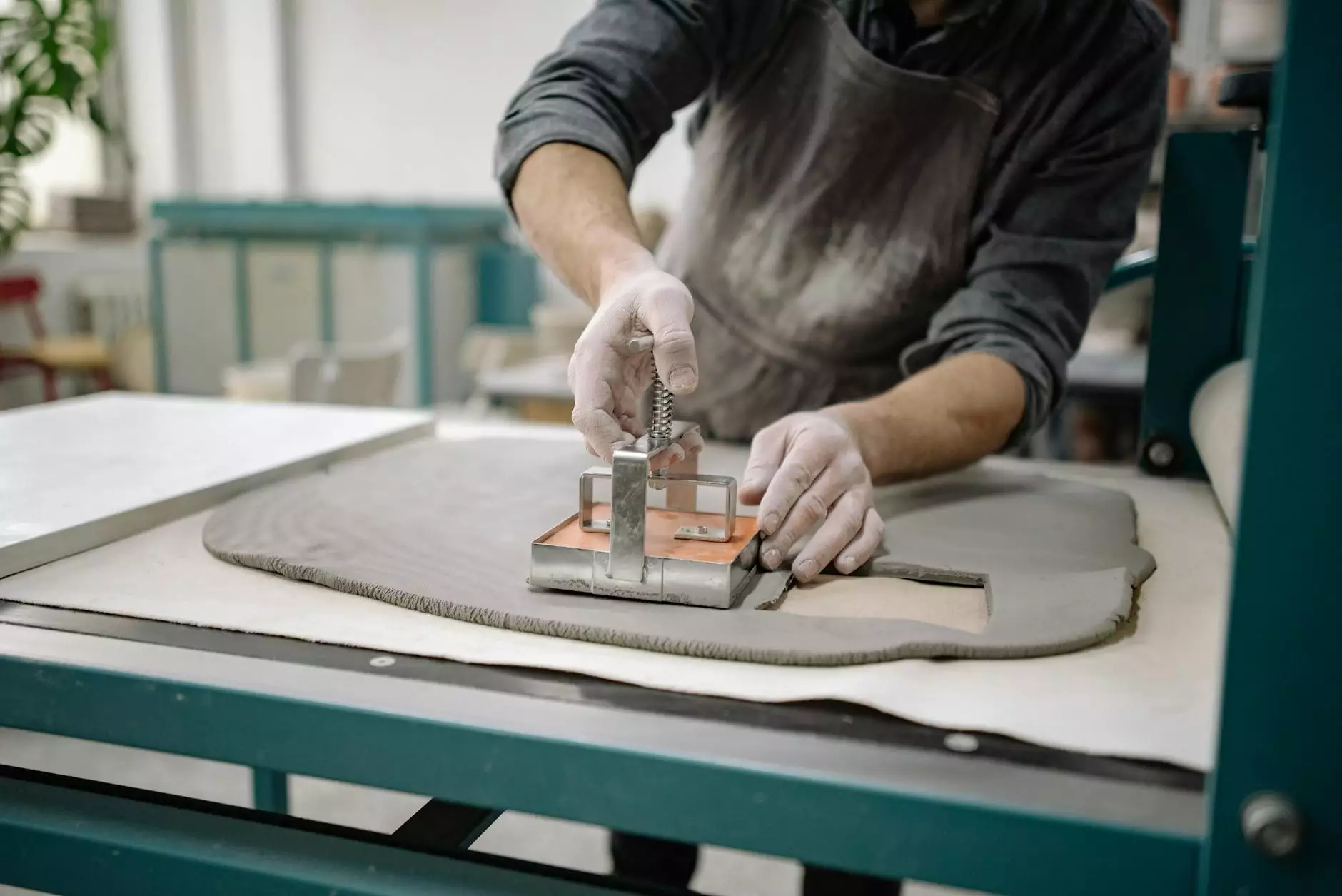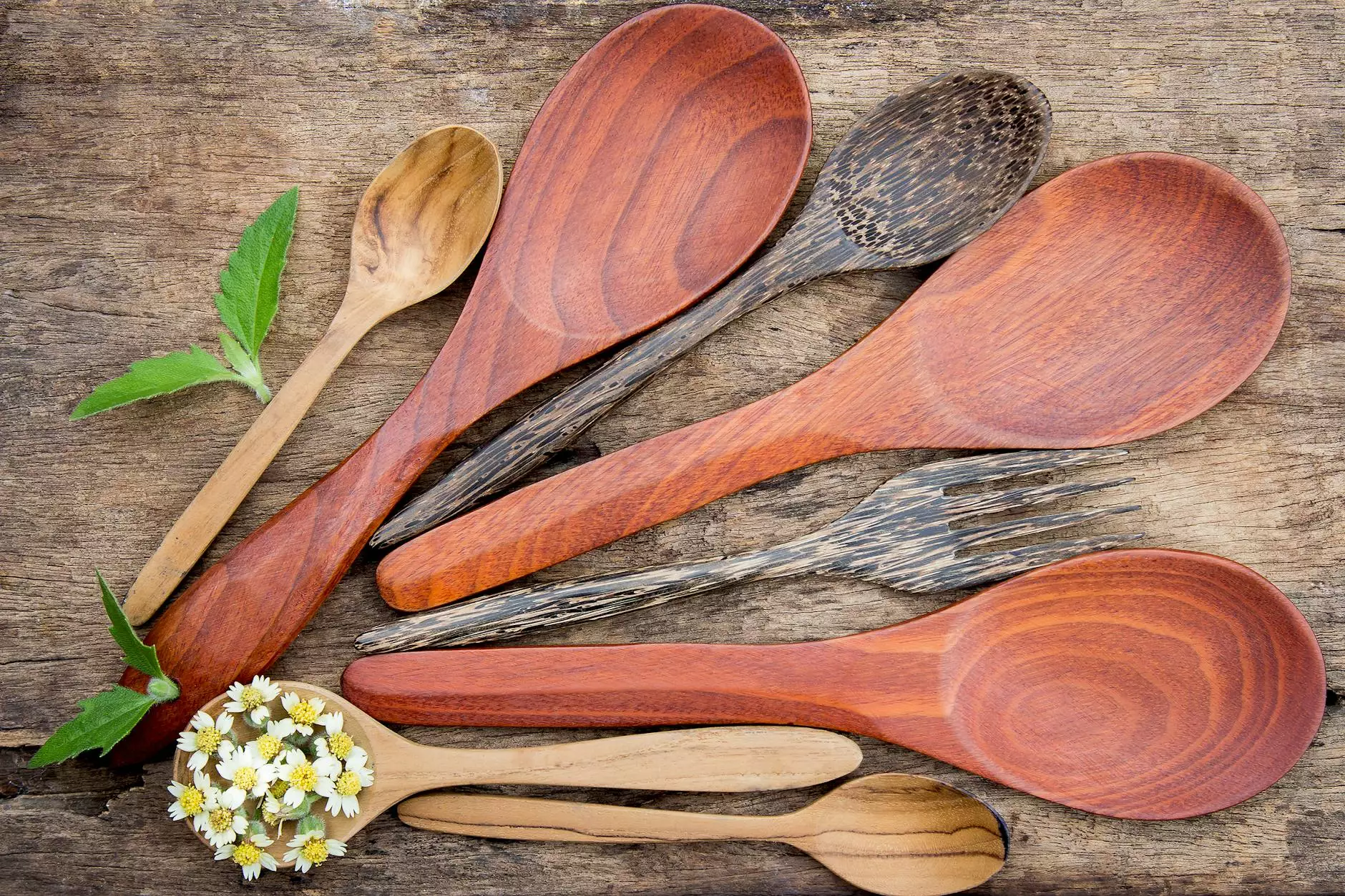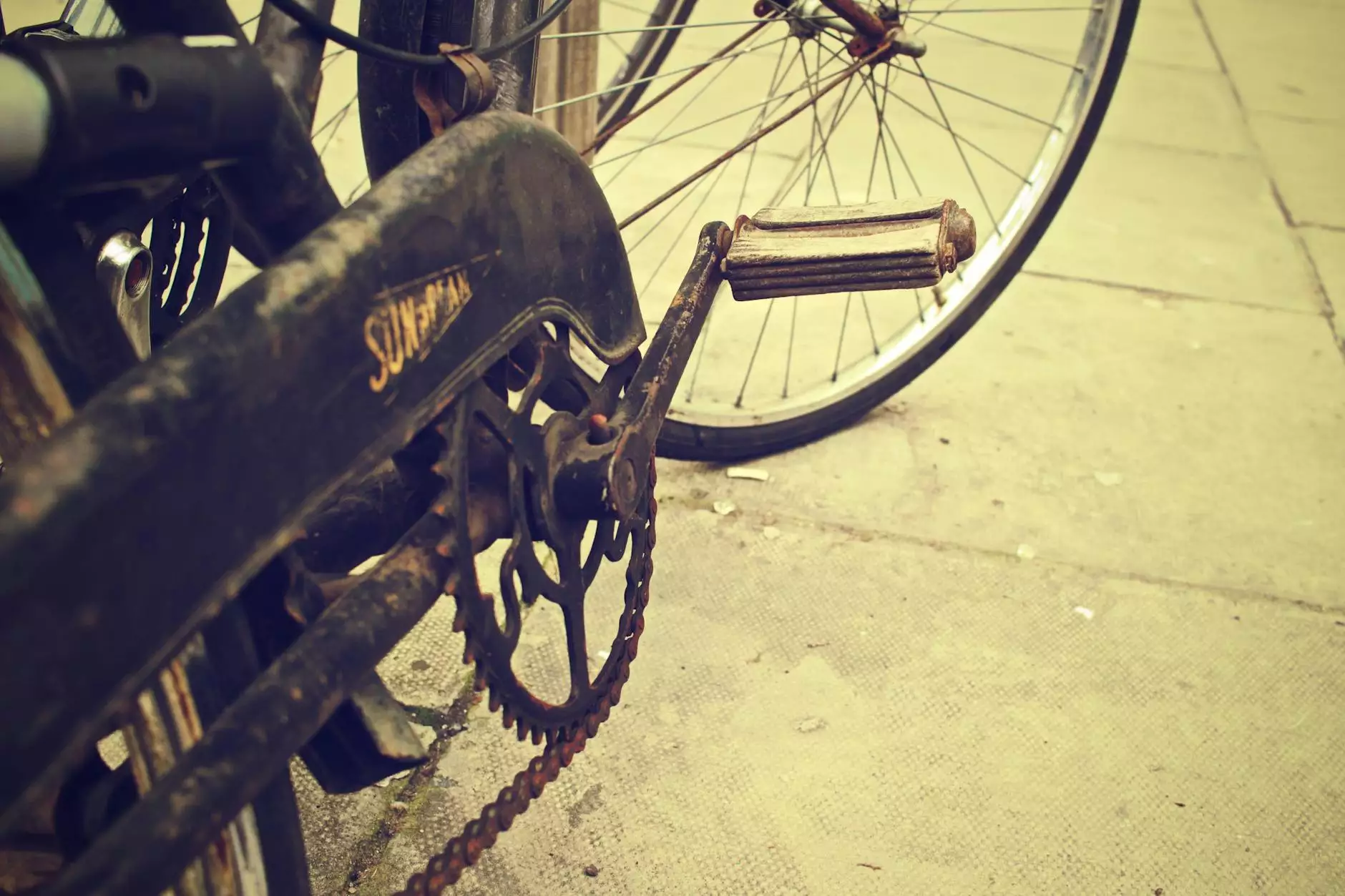The Role and Importance of an Injection Mould Maker in Modern Manufacturing

The global manufacturing landscape is constantly evolving, and one of the paramount contributors to this evolution is the injection mould maker. In a world where efficiency, precision, and cost-effectiveness are crucial, understanding the role of an injection mould maker can provide insights into how products are developed and brought to market. This article delves deep into the realm of injection mould making, illuminating its significance within the plastic manufacturing industry, particularly in reference to the services offered by Hanking Mould.
Understanding Injection Molding
Injection molding is a manufacturing process for producing parts by injecting molten material into a mold. The process is widely used for producing plastic parts, and this is where the expertise of an injection mould maker comes into play. The fundamental steps in the injection molding process include:
- Preparation of the mold design based on the desired specifications.
- Creation of the injection mold using high-quality materials.
- Heating and injecting the molten plastic into the mold cavity.
- Cooling and solidification of the plastic part inside the mold.
- Removal of the finished product from the mold.
This sequence of steps illustrates how integral the role of the injection mould maker is in ensuring that high-quality products are consistently produced.
Key Benefits of Utilizing an Injection Mould Maker
Engaging a skilled injection mould maker offers numerous benefits, which are essential for businesses looking to optimize their manufacturing processes and enhance product quality:
- Precision Engineering: An experienced mould maker ensures that each mold is created with pinpoint accuracy, which is crucial for achieving the desired tolerances and ensuring that components fit together correctly.
- Cost Efficiency: High-quality molds reduce waste and defects during production, leading to significant cost savings for manufacturers.
- Material Expertise: Mould makers possess extensive knowledge of various types of plastics and materials, allowing for better material selection based on the specific applications and requirements.
- Shorter Production Times: A well-designed mold leads to faster production cycles, thereby accelerating time-to-market for new products.
- Custom Solutions: Injection mould makers can create custom molds tailored to the unique needs of the client, ensuring that the final product meets specific requirements.
The Process of Working with an Injection Mould Maker
When partnering with an injection mould maker, understanding the workflow can streamline the collaboration and enhance outcomes. The typical process includes the following phases:
1. Concept Development
The initial stage involves discussing the product concept with the mould maker. Here, the design specifications, production volume, and material choices are reviewed to develop a comprehensive understanding of the project requirements.
2. Design Phase
Utilizing CAD software, the injection mould maker creates detailed blueprints of the injection mold. This stage may involve several iterations to refine the design based on feedback and engineering considerations.
3. Prototype Creation
Before full-scale production, a prototype mould may be developed to test the design's functionality. This step is critical in identifying any potential issues that may arise during mass production.
4. Production and Quality Control
Once the prototype is approved, production begins. Quality control is paramount throughout the process to ensure each molded part meets the established quality standards. Rigorous inspection processes help to verify consistency and functional integrity.
Injection Mould Maker Techniques and Technologies
Modern injection mould making has integrated various techniques and technologies to enhance efficiency and effectiveness. Below are some of the key methods employed by skilled injection mould makers:
1. Computer-Aided Design (CAD)
Utilizing CAD technology allows mould makers to create intricate designs that are accurate and easily modifiable. This software enables the visualization of the mold before physical production, reducing the likelihood of costly mistakes.
2. Advanced Materials
Injection mould makers utilize advanced materials such as hardened steel and aluminum for mold construction. The choice of material influences the durability and lifecycle of the mold, impacting production capacity.
3. Multi-cavity Molds
To enhance production efficiency, many injection mould makers create multi-cavity molds that allow multiple parts to be produced simultaneously. This significantly reduces production time and operational costs.
4. Hot Runner Systems
These systems reduce waste by keeping the plastic in a molten state during the molding process. This technology is particularly useful for complex designs requiring precise color and material consistency.
Choosing the Right Injection Mould Maker
Selecting the ideal injection mould maker for your business can determine the success of your production processes. Here are critical factors to consider:
- Experience and Reputation: Look for a mould maker with a proven track record and positive customer reviews.
- Technical Capabilities: Ensure the mould maker is proficient in the latest technologies and methodologies.
- Customer Support: A mould maker that offers robust customer service and support will be invaluable throughout the project's lifecycle.
- Cost and Value: While cost is important, assess the value provided to ensure you’re getting a high-quality mold for your investment.
The Future of Injection Mould Making
As industries continue to innovate, the role of the injection mould maker is set to evolve. Incorporating technologies such as:
- 3D Printing: This technology is making waves by allowing rapid prototyping and even mold making for lower volumes.
- Smart Manufacturing: The Internet of Things (IoT) is being integrated into the molding process, enabling real-time monitoring and optimization.
- Sustainable Practices: There is a growing need to adopt eco-friendly materials and processes in mold making, reflecting a commitment to sustainability.
Conclusion
The significance of an injection mould maker cannot be overstated. As a cornerstone of the manufacturing industry, these professionals play an essential role in delivering high-quality products efficiently and cost-effectively. For businesses aiming to maintain a competitive edge, partnering with an experienced injection mould maker like Hanking Mould is a strategic investment that can lead to enhanced productivity and market success.









